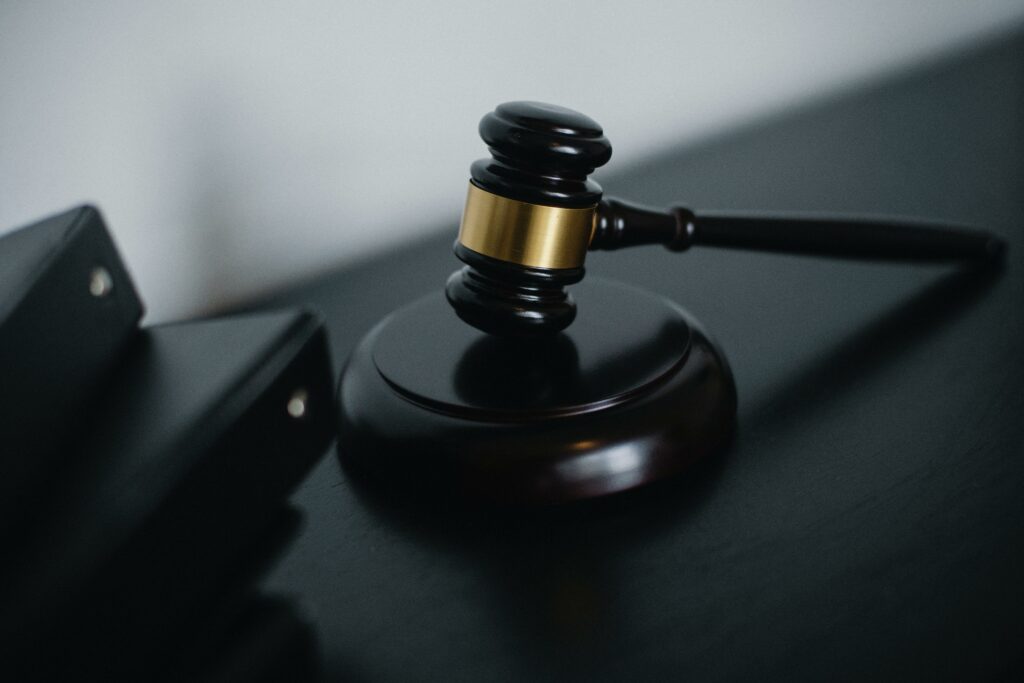Around 50 countries have adopted a national action plan to enforce Human Rights due diligence, though most rely on voluntary approaches, awareness-raising and capacity-building.
Meanwhile, frontrunners in France, the United Kingdom, the Netherlands and California have introduced legally-binding instruments to compel large businesses to monitor, prevent and address Human Rights and environmental abuses across their supply chains. Now, the mandatory due diligence EU directive slated for 2021 could very well convey the legal certainty businesses aspire to, while ensuring responsible players are not undercut by the race to the bottom.
So where do we stand now? Do we have to means to require companies hand over evidence, publicly report investigations results and empower victims to seek and obtain access to remedy? To what extent can they encompass issues ranging from labor conditions to climate change, pollution and biodiversity? How can multinational corporations navigate multiple requirements across equally multiple jurisdictions?
To share an overview of legally-binding instruments, Ksapa welcomes the perspectives of Didier Bergeret, Director Social Sustainability (Consumer Goods Forum) and Lene Wendland, Chief of Business & Human Rights branch (Office of the UN High Commissioner for Human Rights). Together, we will look in to key tools to date, gaps and solutions across sectors and geographies.
Session recording
Podcast (events-podcasts): Play in new window | Download


